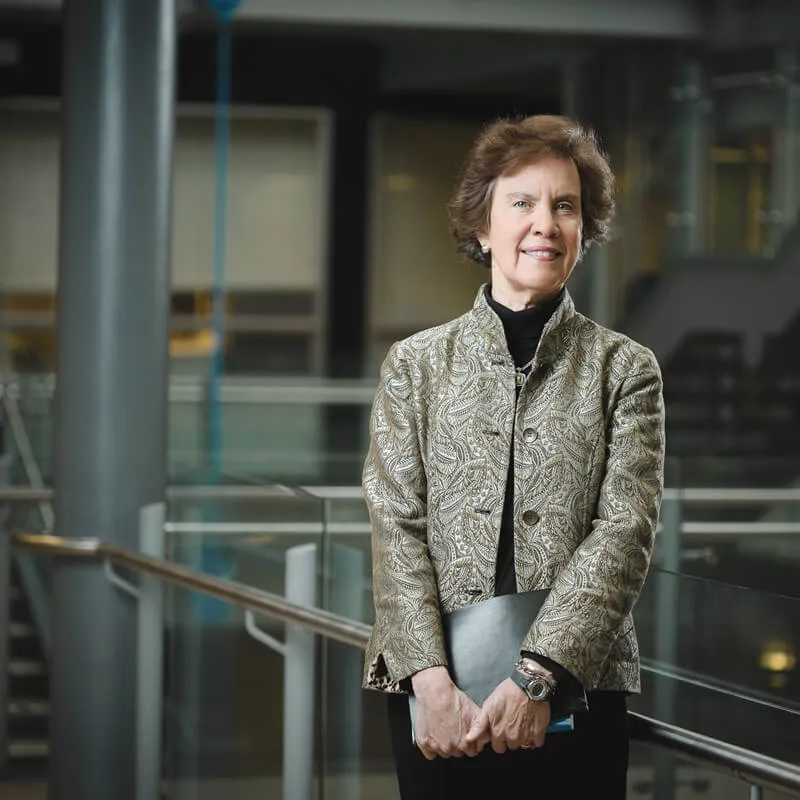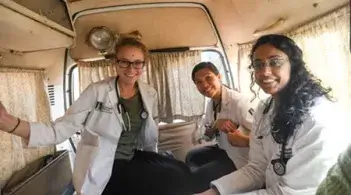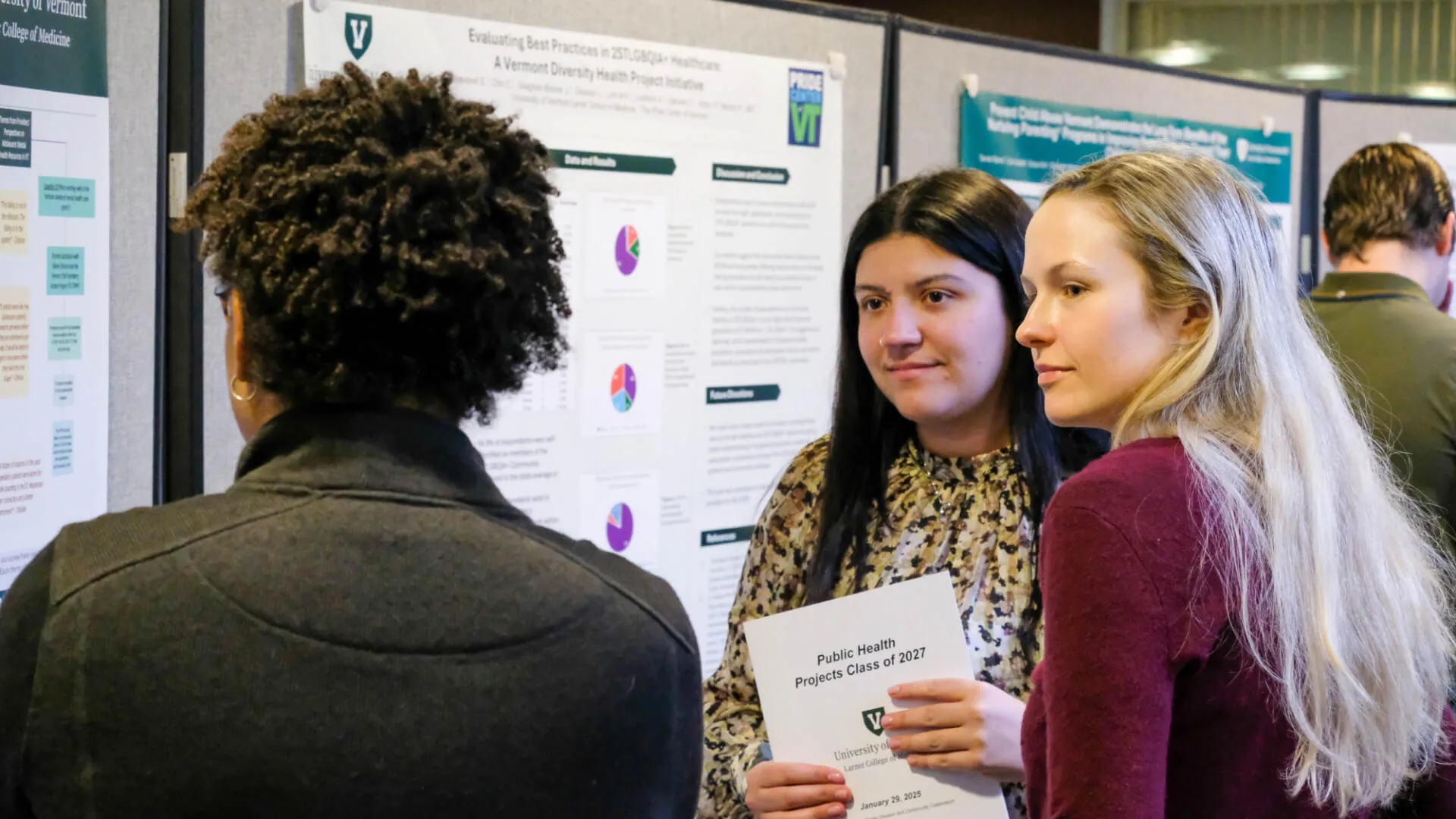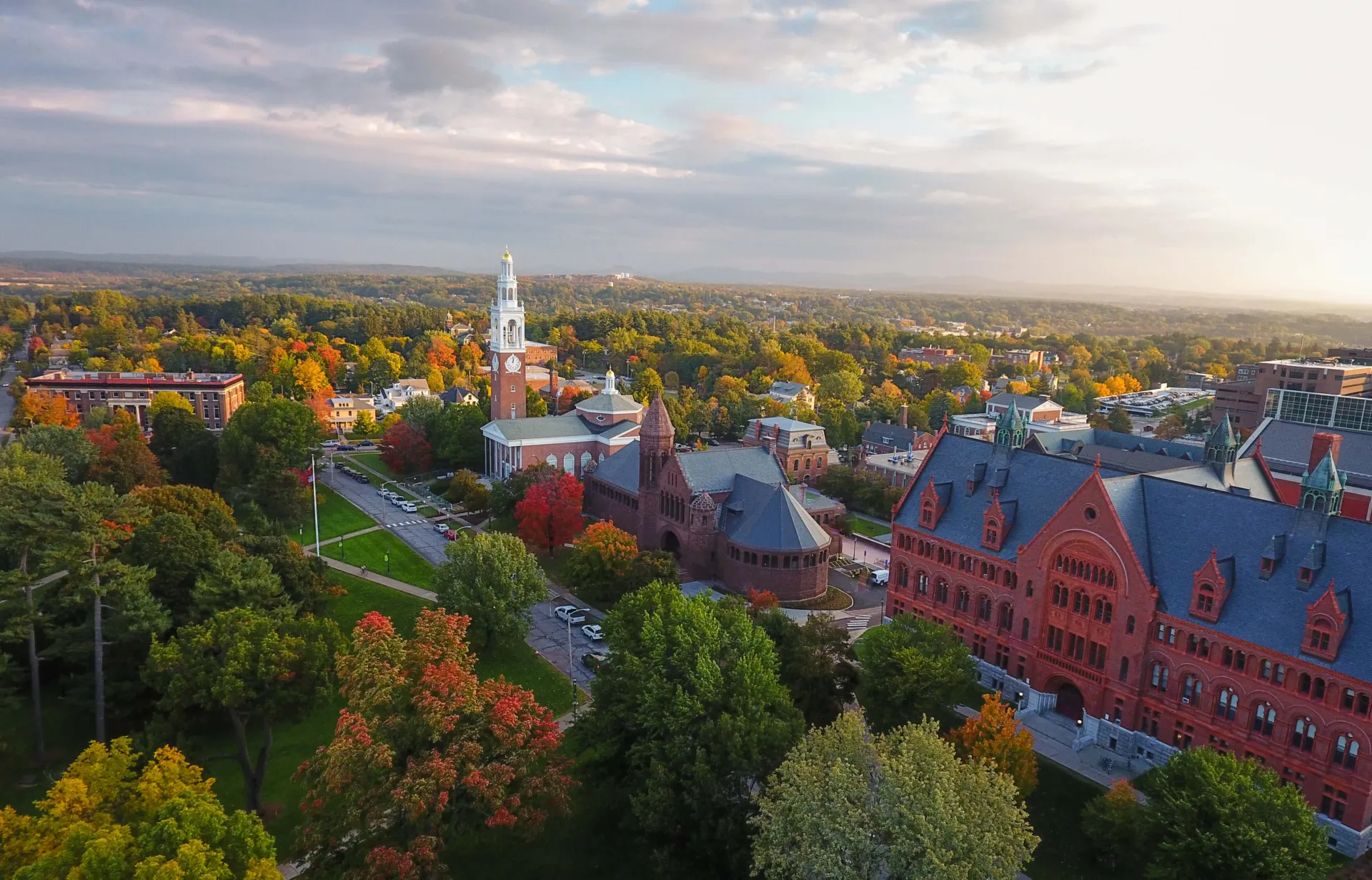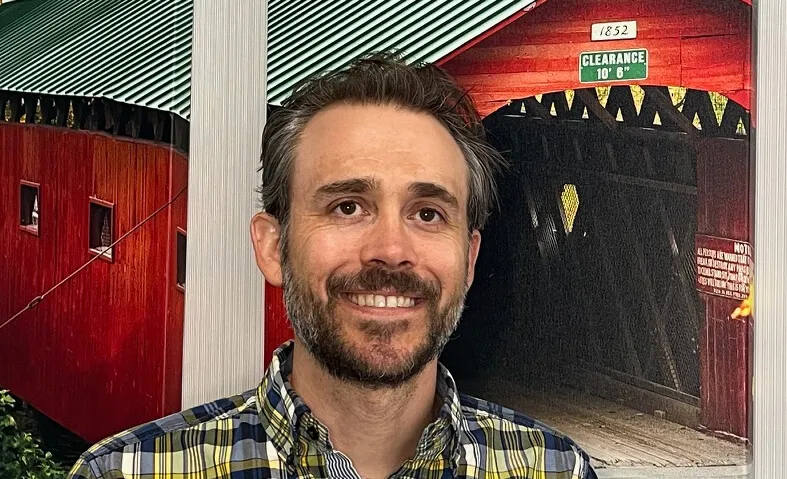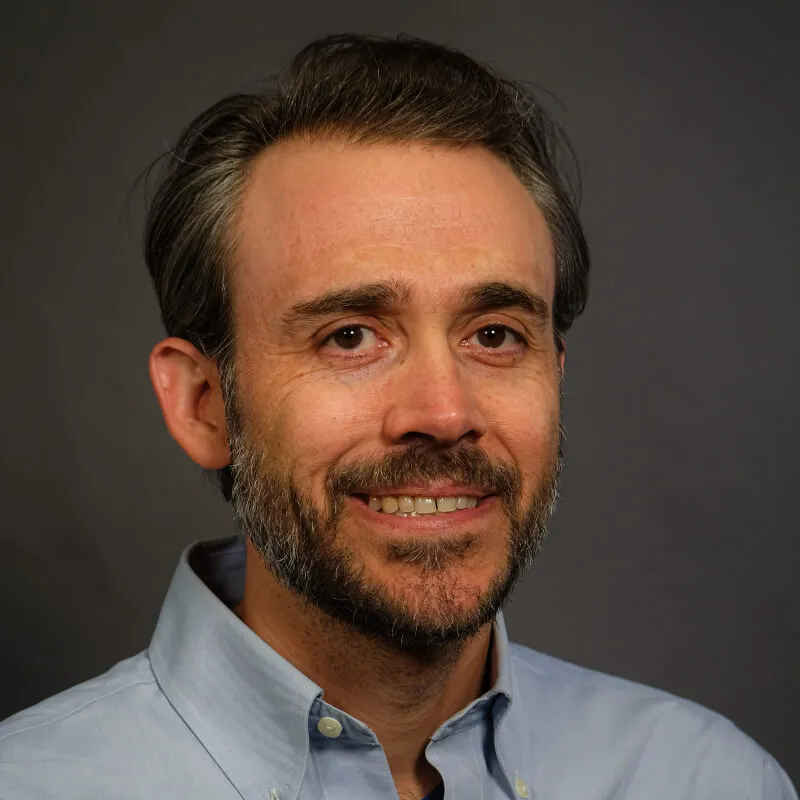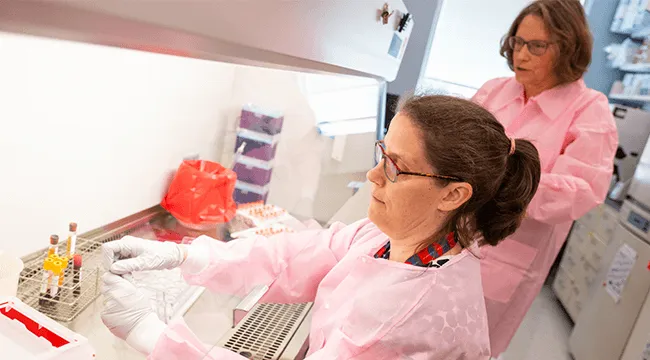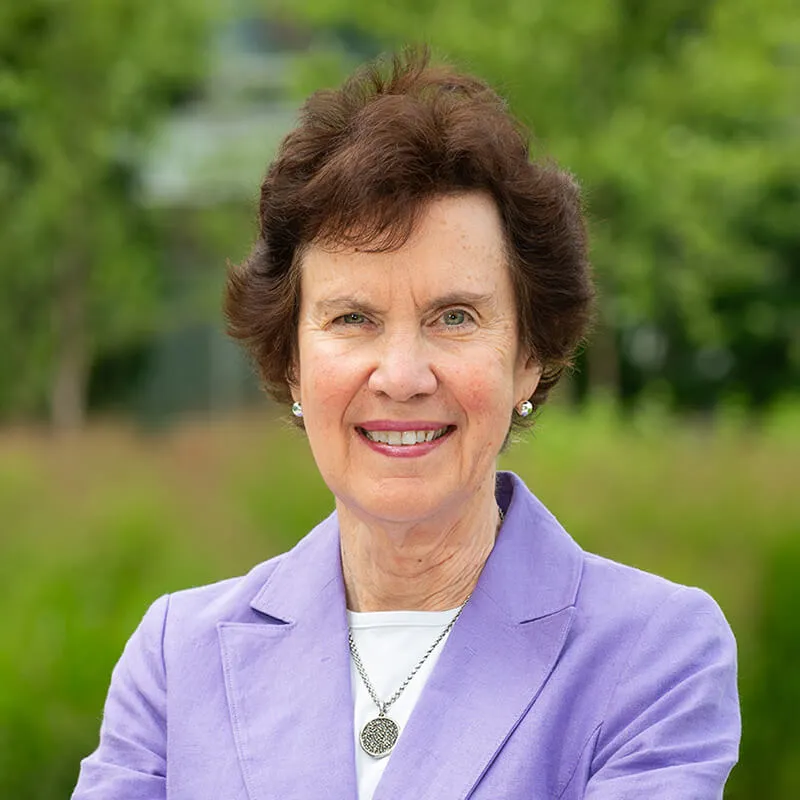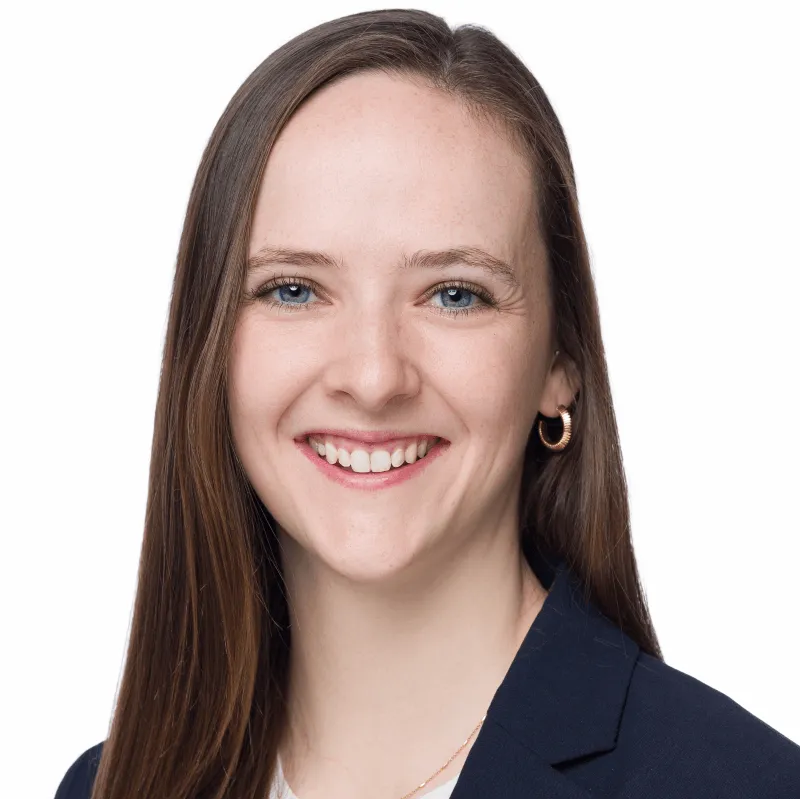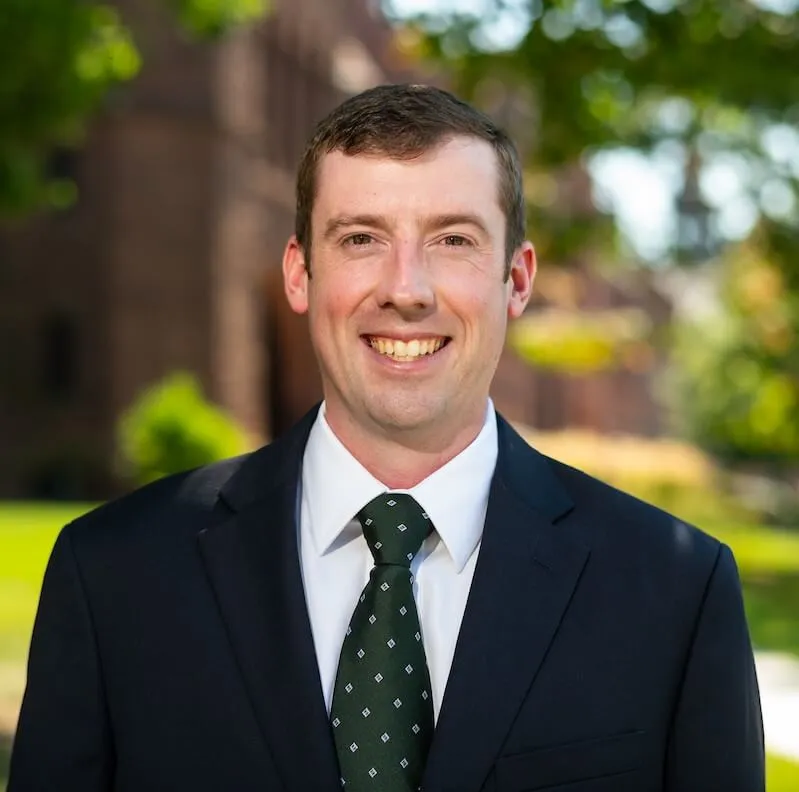If you’re committed to improving health outcomes for everyone and are passionate about enhancing health access, then the field of Public Health needs you. Explore our Graduate Programs and Certificates to learn how a future in Public Health will work for you!
Meet MPH Student Samantha Collins
Public Health & You
- 1791 university founded
- R1 Top Tier Research University (Carnegie classification)
- 459 acres main campus
Larner College News

Public Health Faculty recognized for Teaching Excellence
